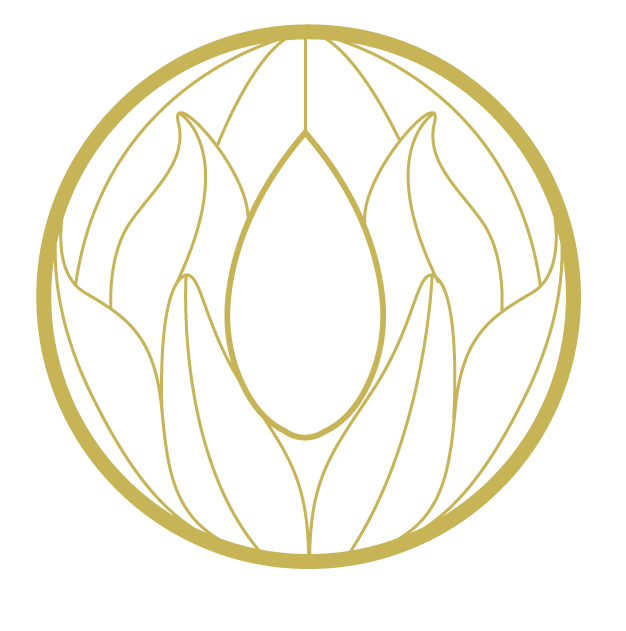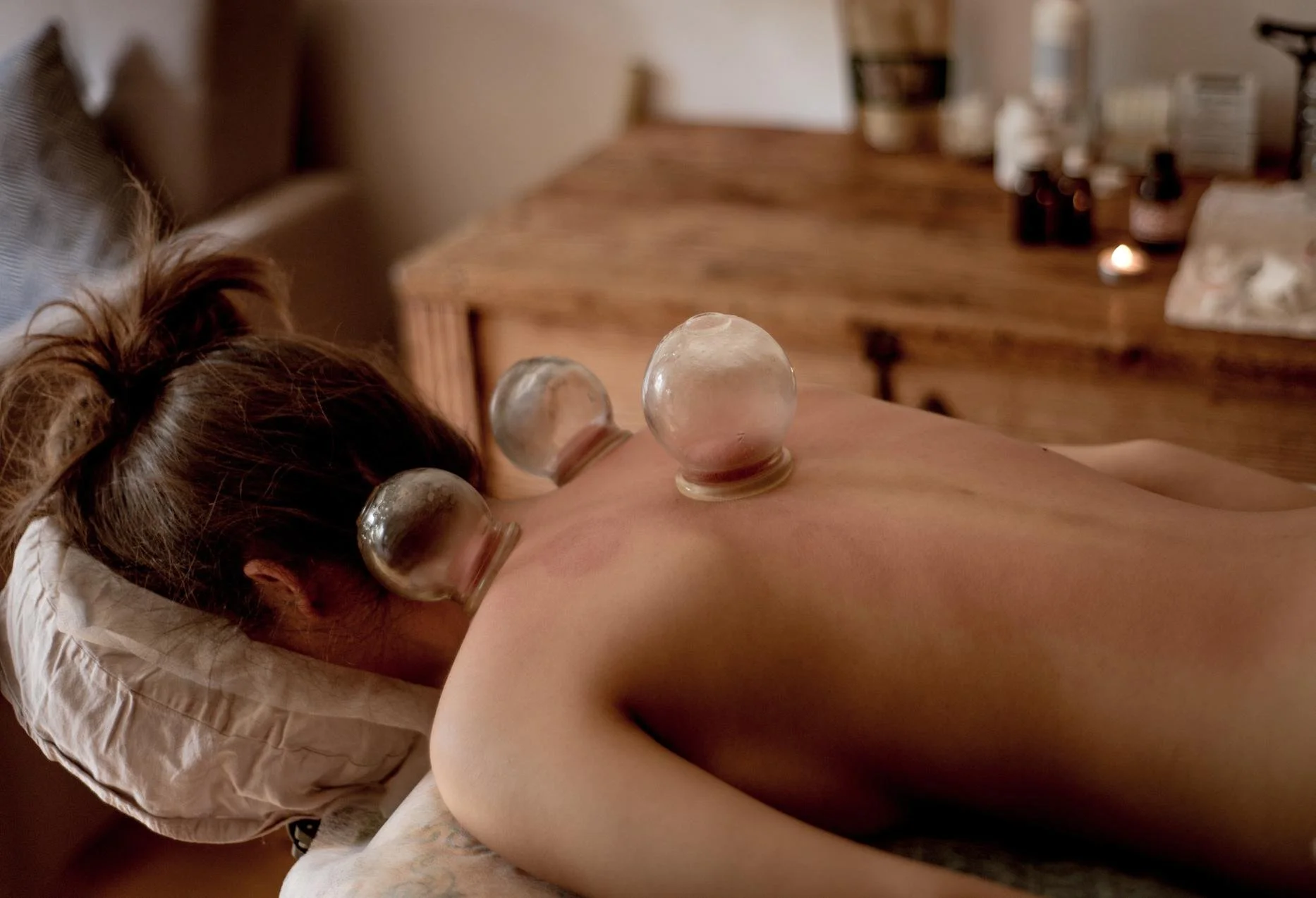Mechanisms of Acupuncture in Immune Support
Acupuncture, a key component of Traditional Chinese Medicine (TCM), has been widely studied for its potential to enhance immune function, especially in colder seasons when the body may be more vulnerable to infections. According to TCM principles, the balance of Qi (vital energy) and the smooth flow of blood and energy are essential to maintaining health. Winter, often associated with a Yin (cold) state, requires balanced Yang energy to fend off external pathogens (Zhao, 2014).
Qi and Blood Circulation
Acupuncture can stimulate the flow of Qi, which invigorates blood circulation, thereby improving overall immune function. Research suggests that acupuncture activates the autonomic nervous system, which indirectly enhances blood flow, contributing to immune system efficacy (Lee et al., 2013).
Regulation of Respiratory Function
The lung system is particularly susceptible to cold and dampness during winter. Acupuncture has been shown to strengthen lung Qi, helping to prevent respiratory issues such as colds and flu, which are common during winter months (Liu et al., 2020).
Activation of Immune Cells
Several studies have shown that acupuncture stimulates the production of white blood cells and increases the activity of natural killer (NK) cells, which are crucial for immune defense (Zhao, 2014). Acupuncture points like ST36 and GV14 have been specifically studied for their role in enhancing immune responses.
Stress Reduction
Stress is a known immune suppressor, and acupuncture’s ability to regulate the hypothalamic-pituitary-adrenal (HPA) axis may help lower cortisol levels and reduce stress-induced immunosuppression (Berman et al., 2004).
Balancing Yin and Yang
Acupuncture can help regulate the balance between Yin and Yang, which is crucial in TCM for ensuring a strong defense against external pathogens (Zhao, 2014).
Acupuncture for Winter Wellness
Regular acupuncture treatments during the winter months can help boost overall vitality, improve resistance to illness, and even provide relief from common winter ailments like seasonal allergies, colds, or flu (Liu et al., 2020).
Fighting off the flu season through diet and lifestyle involves strengthening your body’s immune defenses and promoting overall wellness. A holistic approach that includes healthy eating, staying active, managing stress, and getting enough sleep can help keep your immune system in optimal condition. Here’s a breakdown of how diet and lifestyle choices can be your allies during flu season:
Dietary Strategies to Boost Immunity - Eat Immune-Boosting Foods
Certain foods are known for their immune-boosting properties. Here are a few to focus on:
Citrus Fruits: Oranges, lemons, grapefruits, and limes are packed with Vitamin C, which is crucial for immune health. Vitamin C helps increase the production of white blood cells that fight infections.
Garlic: Garlic has natural antiviral and antibacterial properties. It contains allicin, which is believed to enhance the immune system’s ability to fight infections (Rossi et al., 2014).
Ginger: Known for its anti-inflammatory properties, ginger helps strengthen the immune system and may reduce the duration of flu-like symptoms (Ghaffari et al., 2020).
Turmeric: Curcumin, the active compound in turmeric, has potent anti-inflammatory and immune-supportive properties. Incorporating it into your meals can help combat inflammation that occurs during infections (Boehm et al., 2012).
Yogurt: Probiotics, found in fermented foods like yogurt, kefir, and sauerkraut, support gut health, which is directly connected to immune function. A healthy gut helps modulate immune responses and fight infections.
Leafy Greens and Vegetables: Dark leafy greens such as spinach, kale, and broccoli provide Vitamin A, C, and other antioxidants that are vital for immune function.
Stay Hydrated
Proper hydration is key for maintaining a healthy immune system. Drinking enough water helps flush out toxins, supports cell function, and ensures your body can properly respond to infections. Herbal teas such as ginger, echinacea, and chamomile can provide additional immune support and comfort during flu season.
Incorporate Healthy Fats
Healthy fats, particularly omega-3 fatty acids found in fatty fish (like salmon, sardines, and mackerel) and plant-based sources such as flaxseeds and walnuts, have anti-inflammatory properties. Reducing chronic inflammation through a diet rich in omega-3s supports a well-functioning immune system.
Limit Sugar and Processed Foods
Excessive sugar can suppress immune function by impairing the ability of white blood cells to respond to pathogens. Reducing your intake of refined sugars, sugary drinks, and processed foods during flu season is an effective way to support your immune system.
Supplements for Flu Season: Always consult with your Naturopath before adding in any supplements to check for best quality, dosage & medication interactions
In addition to a balanced diet, certain supplements may offer added protection against flu season:
Vitamin C: While research on its ability to prevent the flu is mixed, many people find it helpful in reducing the severity of symptoms.
Probiotics: Probiotics can help strengthen gut health, which in turn boosts immune system function.
Echinacea: This herb is often used to reduce the duration of colds and flu-like symptoms.
Elderberry: Elderberry has been shown to reduce the severity and duration of the flu. It contains antioxidants and may help boost immune function (Zakay-Rones et al., 2004).
Zinc: Zinc plays a key role in immune cell function. Foods like pumpkin seeds, chickpeas, and cashews are excellent sources.
Vitamin D: Vitamin D is vital for immune response. A deficiency in Vitamin D has been linked to increased susceptibility to infections. Consider getting some sunshine or incorporating Vitamin D-rich foods like fatty fish, fortified foods, or a supplement if needed.
Lifestyle Strategies to Prevent the Flu
Regular Exercise & movement
Moderate exercise, like brisk walking, yoga, or swimming, can strengthen the immune system by promoting healthy circulation and helping to clear toxins from the body. Regular physical activity has also been shown to reduce inflammation and improve immune response. However, intense exercise should be avoided when sick, as it can suppress immunity.
Adequate Sleep
Sleep is when the body restores itself, repairs tissues, and strengthens the immune system. A lack of sleep can make you more vulnerable to infections. Aim for 7-9 hours of sleep per night during flu season to help your body stay strong and resilient.
Stress Management
Chronic stress is detrimental to your immune system. It can increase inflammation and lead to a higher risk of infections. Techniques like meditation, yoga, deep breathing exercises, or even taking time for a hobby can help reduce stress and support immune function. Regular exercise also contributes to stress relief.
Wash Your Hands Regularly
Preventing the spread of flu viruses can be as simple as washing your hands frequently, especially before eating or touching your face. If soap and water are not available, use a hand sanitizer with at least 60% alcohol.
Avoid Close Contact with Sick People
The flu is highly contagious. Avoid close contact with those who are sick, and if you're sick, stay home to prevent spreading the flu to others.
Stay Warm and Dress Appropriately
The cold weather can stress the body and make it more susceptible to viral infections. Dress in layers, keep your feet and hands warm, and avoid sudden temperature changes.
A strong immune system is your best defense against flu season. By focusing on a balanced diet rich in immune-boosting nutrients, regular physical activity, stress management, and proper hygiene, you can significantly reduce your chances of getting sick. Lifestyle practices like sufficient sleep, hydration, and avoiding the flu virus through responsible social distancing and hand washing are crucial.
References
Berman, B. M., Swyers, J. P., & Caspi, O. (2004). Acupuncture and the treatment of pain: A review of the evidence. American Journal of Pain Management, 14(3), 152-160.
Boehm, K., Büsselberg, D., & Feifel, J. (2012). Turmeric and curcumin as an adjunct to flu therapy: Mechanistic insights and therapeutic implications. Journal of Inflammation, 9, 19. [https://doi.org/10.1186/1476-9255-9-19](https://doi.org/10.1186/1476-9255-9-19)
Ghaffari, S., Rakhshandeh, H., & Ghorbani, A. (2020). The effects of ginger (Zingiber officinale) on immune modulation and the prevention of flu. Journal of Ethnopharmacology, 251, 112530. [https://doi.org/10.1016/j.jep.2019.112530](https://doi.org/10.1016/j.jep.2019.112530)
Lee, J. H., Choi, T. Y., Lee, M. S., Lee, H., Lee, H., Shin, B. C., & Ernst, E. (2013). Acupuncture for acute low back pain: A systematic review. Clinical Journal of Pain, 29(2), 172-186. [https://doi.org/10.1097/AJP.0b013e3182717269](https://doi.org/10.1097/AJP.0b013e3182717269)
Liu, J. S., Xie, S. Q., & Wang, Q. L. (2020). Acupuncture for the prevention of the common cold: A systematic review and meta-analysis of randomized controlled trials. International Journal of Clinical Acupuncture, 28(1), 25-32.
Rossi, A., Benedetti, M., & Franchini, L. (2014). **The role of garlic in immune system support and flu prevention. Phytotherapy Research, 28(10), 1482-1489. [https://doi.org/10.1002/ptr.5096](https://doi.org/10.1002/ptr.5096)
Zakay-Rones, Z., Thom, E., & Wollan, T. (2004). Elderberry extract reduces the duration and severity of symptoms of influenza. The Journal of International Medical Research, 32(2), 178-184. [https://doi.org/10.1177/147323000403200210](https://doi.org/10.1177/147323000403200210)
Zhao, Z. Q. (2014). Neural mechanisms underlying acupuncture analgesia. Clinical Journal of Pain, 30(1), 33-37. [https://doi.org/10.1097/AJP.0b013e3181c9e58d](https://doi.org/10.1097/AJP.0b013e3181c9e58d)




